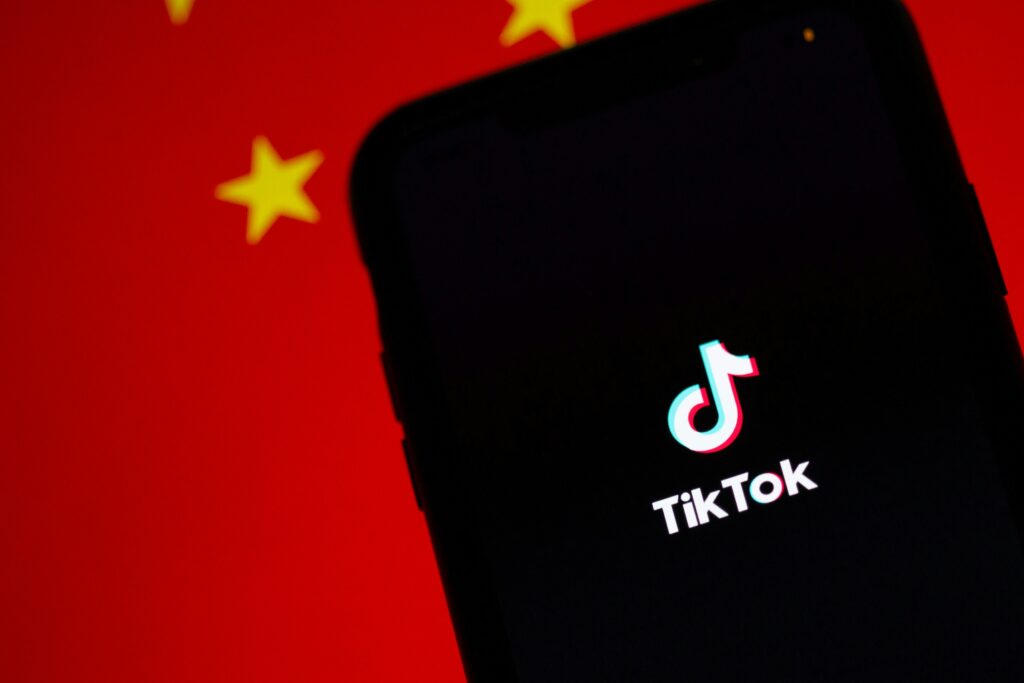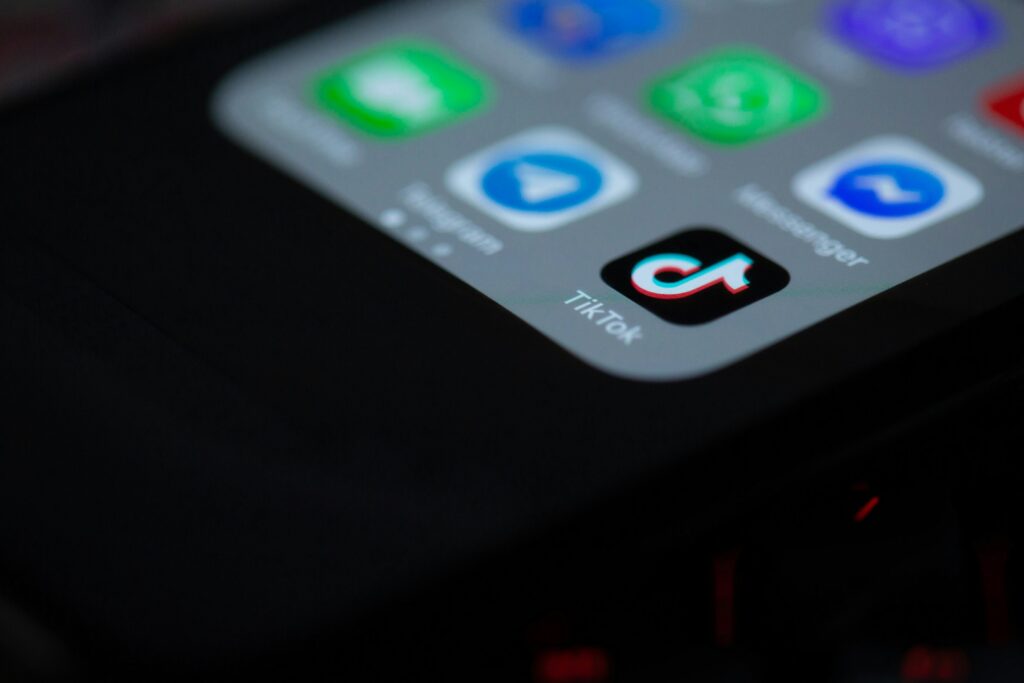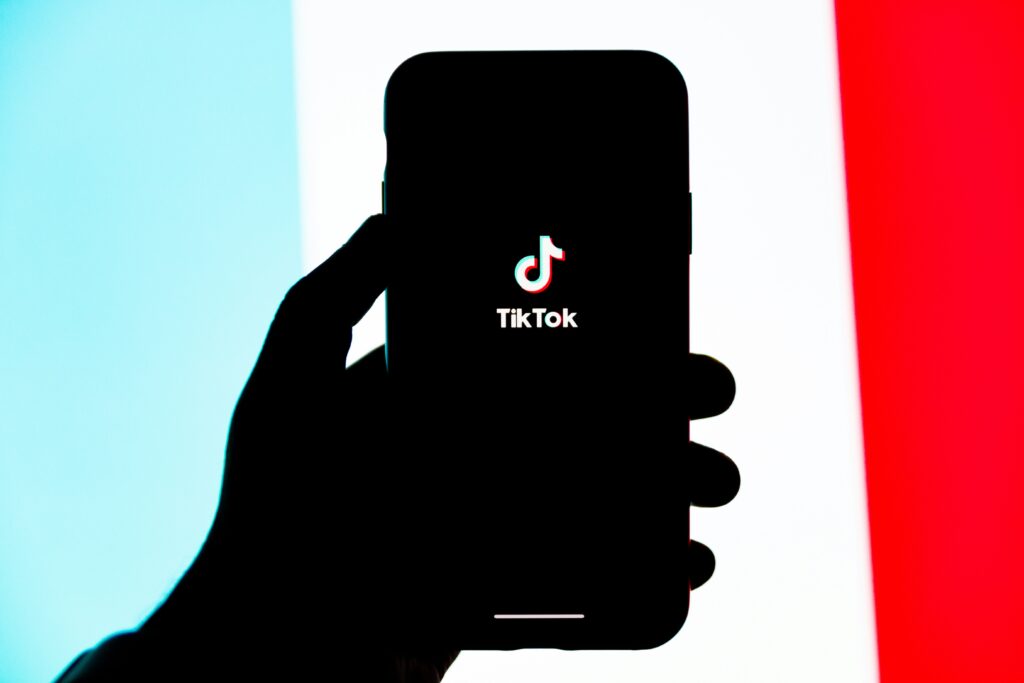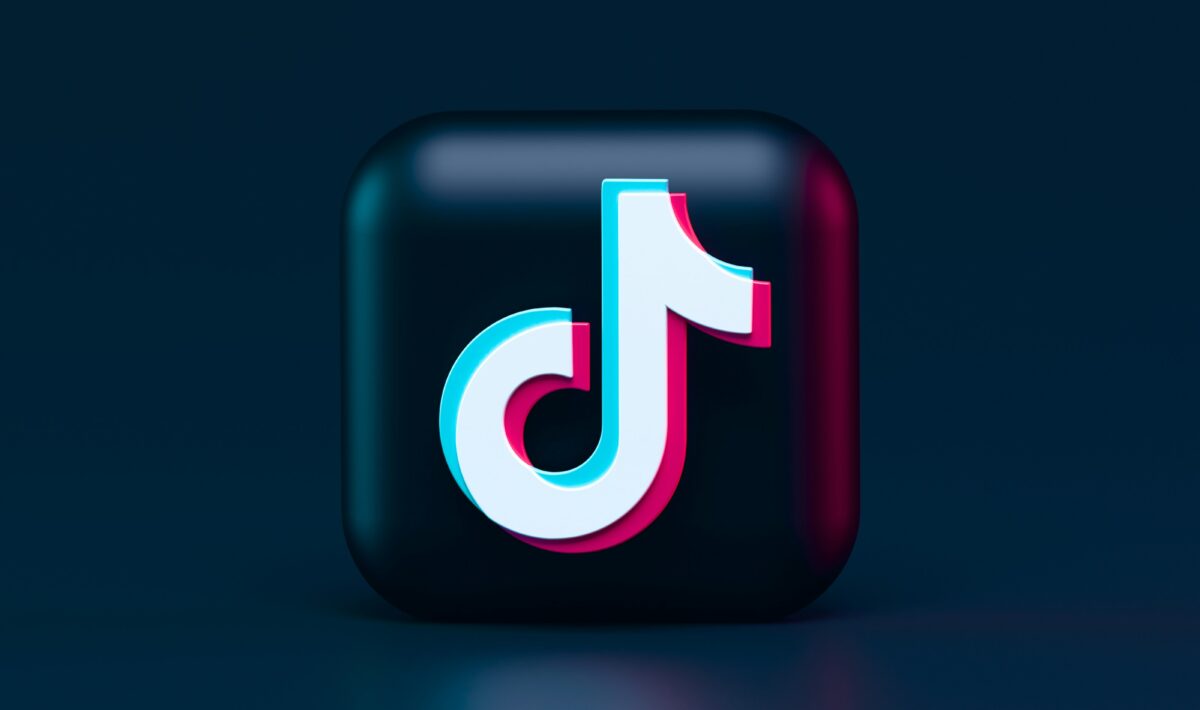The United States inches closer to potentially banning TikTok, with the Protecting Americans from Foreign Adversary Controlled Applications Act passing on 13 March 2024 over growing concerns of data privacy and foreign interference. This looming decision holds significant implications, particularly for the future of regulating online spaces in the US and globally.

Background
US lawmakers worry that TikTok, owned by the Chinese company, ByteDance, could potentially share user data with the Chinese government, posing a threat to American interests. Additionally, there are fears that the platform could be used for influence campaigns. Despite TikTok’s denial of these allegations, the US government and many legislators are pushing for measures to address these concerns, including the potential divestment or sale of the platform to non-Chinese entities.
Social Media Giant
TikTok’s rise to prominence has transcended borders, captivating over 1.7 billion users worldwide as of 2023 with its engaging short-form content, the majority being youth. For these youth, the platform serves as more than just entertainmen. It’s a canvas for self-expression, creativity, and connection with peers across continents. From showcasing talents to participating in viral challenges and sharing cultural insights, TikTok has become an integral part of the digital landscape for many young people across the globe.

Growing Distrust
Thus, the ban on TikTok in the US raises concerns about freedom of speech. According to Al Jazeera, many users, civil liberties groups, and digital rights advocates argue that banning TikTok would infringe on freedom of speech, particularly for the app’s approximately 170 million US users. They believe that the ban would restrict access to a platform where users can freely express themselves and share their views. Critics of the ban emphasise that such restrictions should only be imposed if there is clear evidence of serious harm to national security, which has not been convincingly demonstrated.
A Global Perspective
With TikTok being banned in several Asian countries and even Senegal and Somalia, the distrust of the platform seems to be spreading ever more. Mugambi Laibuta, a legal advocate affiliated with the High Court of Kenya, suggests that the US’s TikTok ban could inspire African countries to impose comparable restrictions. He underscores the significance of considering the economic consequences, particularly in Africa’s rapidly expanding digital landscape, where platforms such as TikTok play a pivotal role in fostering business growth and innovation, African Business reports.

Navigating Digital Governance
In lieu of these developments, African countries are tasked with navigating a delicate balance between safeguarding national security concerns and protecting the digital rights of their citizens. In Namibia, for instance, the government has taken steps to enact robust digital laws and privacy policies aimed at safeguarding user data and promoting responsible online behaviour with the Access to Information Act 8 of 2022. “The need for proper guidelines and regulations in using social media for government communication is crucial for a healthy democracy,” says information and communication technology minister Peya Mushelenga via The Namibian.
Youth Impact
If countries were to follow suit and impose more regulations on social media platforms, the youth would lose a vital outlet for expression and connection with peers globally. Moreover, many young entrepreneurs rely on social media for business promotion, contributing to economic growth and innovation. Lawmakers should rather implement stricter controls to protect users’ privacy and prevent harmful content. However, balancing regulation with preserving freedom of speech is crucial, especially for youth who rely on these platforms for socialization, education, and economic opportunities.

As global powers and African lawmakers grapple with the ramifications of an ever-changing digital world, youth are urged to stay vigilant, always read the fine print, and be careful what they share as they engage and express themselves on these platforms.



